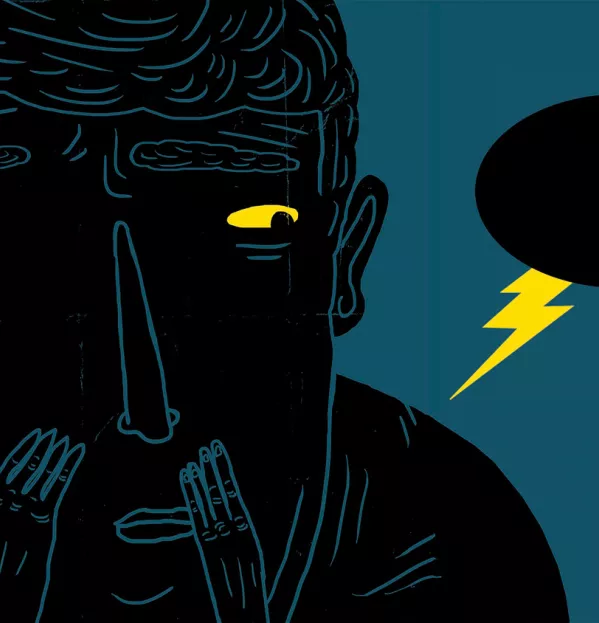The current mental health “crisis” in our schools is a significant challenge for school leaders. If we are going to meet the challenge, it is essential we define the terminology we use when discussing mental health.
The distinction between mental health and mental illness seems key to understanding whether or not we have a mental health “crisis” in our schools.
A front page headline in The Times last summer epitomised the perils of careless terminology when discussing young people’s mental health: “Teenagers struck by depression ‘epidemic’”.
Words like “epidemic” suggest that mental health problems are contagious. That isn’t helpful.
The person specification for being a teenager includes being unhappy on a regular basis
According to the article, 37 per cent of teenage girls had three or more symptoms of psychological distress. The inaccuracy of the article’s definition of what constitutes “psychological distress” was predictable.
The headline mentioned “depression”, yet the article said that the girls felt “unhappy, worthless, and unable to concentrate”.
The thing is, teenagers are not necessarily suffering from a medical condition if they are feeling “unhappy”. As far as I’m aware, the person specification for being a teenager includes being unhappy on a regular basis. It certainly does in my house.
Feeling unhappy isn’t mental ill health
No one has an entitlement to feel happy. For most of us, happiness is an infrequent guest who arrives uninvited and never seems to stay long enough.
It’s also worth remembering that we all have mental health. We can feel “unhappy” without being mentally ill.
School leaders need to distinguish between a mental health problem, a mental health illness and what are simply the ups and downs of being a teenager
With budget cuts rife, we cannot afford to direct scarce resources to students who claim that they feel “depressed” when they are merely fed up. School leaders should, of course, not ignore the needs of those students who do have depression, but they need to distinguish between a mental health problem, a mental health illness and what are simply the ups and downs of being a teenager.
If we can do that, then we have a good chance of doing two things. Firstly, channelling mental health support to those young people most in need and, secondly, supporting those who are experiencing the sometimes excruciatingly painful emotions of their teenage years.
If you are a school leader who would like some clarity about young people’s mental health without sensationalist claims, Mental Health First Aid (MHFA) England (mhfaengland.org) is worth a visit. Its expert practitioners know what they’re talking about.
John Tomsett is head at Huntington School in York, and a member of the Headteachers’ Roundtable. He is the author of This Much I Know about Mind Over Matter. He tweets @johntomsett
